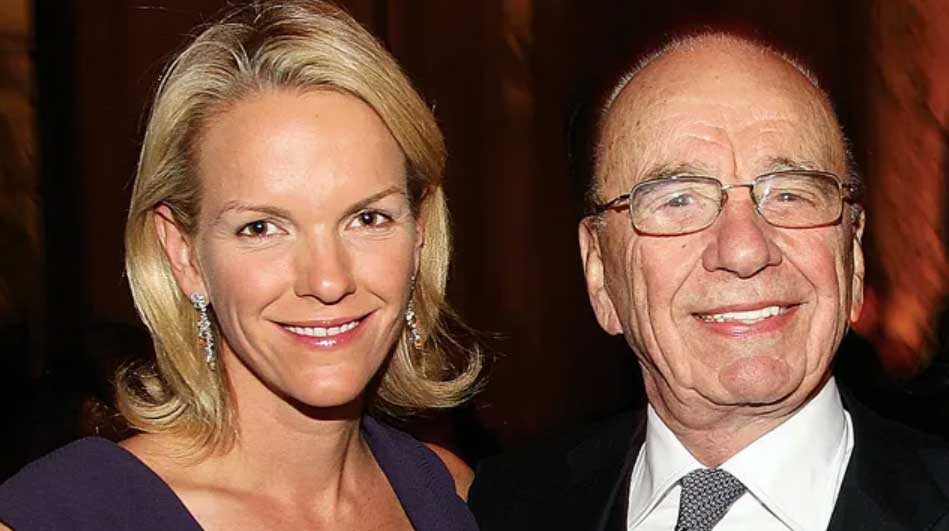The British government has announced a pioneering move to lower the voting age to 16, accompanied by promises of stricter regulations on foreign campaign donations and simplified voter registration. Deputy Prime Minister Angela Rayner described the shift as vital for restoring public trust in democratic institutions, highlighting the urgent need for renewal.
This landmark decision aligns the U.K. with countries such as Austria and Brazil, where 16-year-olds already participate in elections. While Scotland and Wales allow 16-year-olds to vote in local elections, this new policy aims to include them in national elections for the first time since the voting age was raised to 18 over five decades ago.
The Labour Party, which has championed this cause, plans to introduce the necessary legislation in Parliament. With a significant majority in the Commons, passage is anticipated, although the comprehensive adoption of these changes may take some time. The government’s next step is to deliver this proposal through both houses of Parliament before the next general election, projected for 2029.
As the debate unfolds, critics warn about potential biases in electoral outcomes, raising concerns about the impact of younger voters on the political landscape. Overall, this historic change in voting rights signals a commitment to fostering youth engagement and addressing the growing disillusionment with political processes in the U.K.
This landmark decision aligns the U.K. with countries such as Austria and Brazil, where 16-year-olds already participate in elections. While Scotland and Wales allow 16-year-olds to vote in local elections, this new policy aims to include them in national elections for the first time since the voting age was raised to 18 over five decades ago.
The Labour Party, which has championed this cause, plans to introduce the necessary legislation in Parliament. With a significant majority in the Commons, passage is anticipated, although the comprehensive adoption of these changes may take some time. The government’s next step is to deliver this proposal through both houses of Parliament before the next general election, projected for 2029.
As the debate unfolds, critics warn about potential biases in electoral outcomes, raising concerns about the impact of younger voters on the political landscape. Overall, this historic change in voting rights signals a commitment to fostering youth engagement and addressing the growing disillusionment with political processes in the U.K.






















